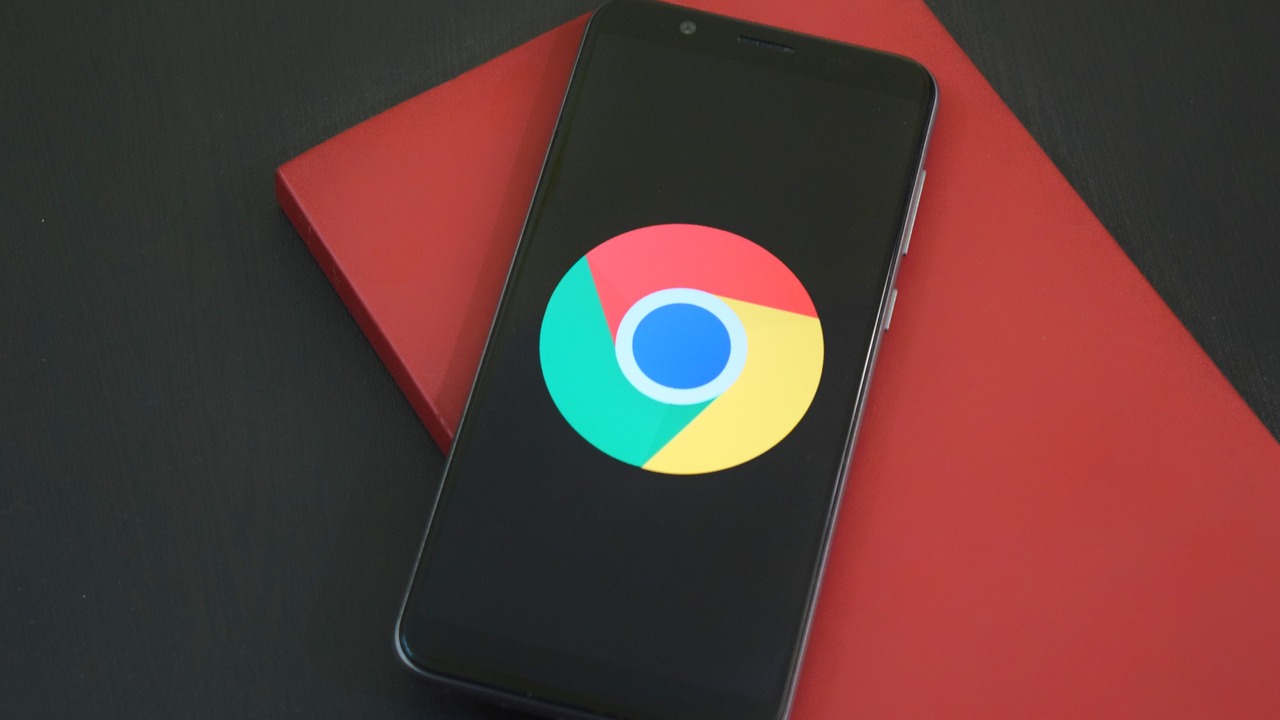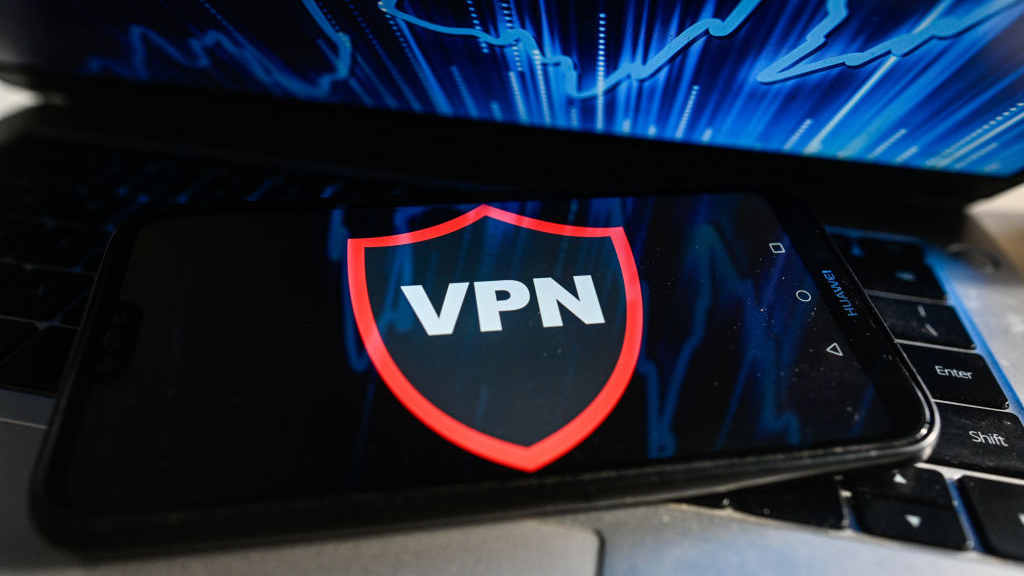
We all access the internet from multiple devices, which is why most top VPNs are compatible with pretty much every platform you can think of – and a lot of them come with handy browser extensions.
The best VPNs have browser extensions that are more lightweight than their official apps for desktop and mobile and offer a handy layer of protection for your browsing sessions. They might not be as comprehensive, sure, but they're easier to get started with.
Keep reading, and I'll dig into what VPN extensions are, how they differ from full-fledged VPN apps, and the unique benefits that they offer, as well as the factors you should keep in mind when shopping around for one.
How do VPN browser extensions and VPN apps differ?
The basic functionality of VPN browser extensions and VPN apps is the same – they both encrypt your internet traffic by routing it through a highly secure VPN server instead of your ISP's. Simply put, whichever type of VPN you're using, you'll enjoy better online anonymity and, therefore, increased digital privacy.
With that out of the way, let's discuss how they're different.

Wondering how VPNs do their thing? Check out our jargon-free guide that covers how VPNs work.
For starters, VPN apps are standalone applications that extend VPN protection to your entire device. Once a VPN app is installed (on your desktop or mobile phone), it’ll protect all your data, whether it comes from your browser, a game on your device, Spotify or YouTube, or any other application.
VPN browser extensions, on the other hand, focus solely on protecting the browser that they’re added to. This means that while the extension will offer the same VPN cover as a VPN app to all the activities you carry out on your browser, other apps on your device that connect to the internet won’t benefit from its encryption.
So, in a way, VPN browser extensions are like split tunneling, where only certain streams of data passing from your device to the wider internet are encrypted by the VPN. What's more, VPN apps usually also come with extra security features, like a kill switch and DNS leak protection. VPN extensions, however, are popular as a lightweight option to protect yourself on the internet.
What are the benefits of VPN browser extensions?
VPN browser extensions are easier to install and use, making them an ideal choice for anyone new to the world of VPNs.
There's no complicated setup or long list of settings to sift through – adding a browser extension only takes a few clicks. What's more, VPN browser extensions don’t typically require admin permissions, either.
As mentioned above, browser extensions are less resource-intensive, especially when compared to dedicated VPN apps. They generally have less of an impact on your browsing speed because they’re only interacting with your browser's traffic, not all of your device’s traffic.
VPN browser extensions, because of their lightweight nature, tend to be faster than full-blown VPN apps. So, if you're on the hunt for a reliable streaming VPN, you might want to pair your favorite streaming service with a VPN browser extension.
Also, it's worth noting that although VPN apps are better options for the all-around privacy of your device, VPN browser extensions aren't as bare-bones, either. That's because they encrypt your internet traffic (which is possibly the most important task of a VPN) just as well as an app does.
How to choose a VPN browser extension
Having explained everything a VPN browser extension brings to the table, how do you go about choosing one for yourself? There are so many of them out there, after all.
To help you out, I've summarized all the major buying considerations below:
- Top-notch encryption: A VPN must offer airtight privacy for your personal data, irrespective of the platform it's running on. That means offering the OpenVPN or WireGuard VPN protocols. Furthermore, you must also look for a clear-cut no-logs policy, leak protection, and essential security tools like a kill switch.
- Servers in regions where you need them: The convenience of a VPN browser extension would fall short if it couldn't connect you to the locations you want. Look for a VPN with a vast number of servers worldwide, especially in regions you plan on connecting to and from the most. This also includes countries whose content you wish to unblock and stream.
- Reliable speeds that won't fluctuate: A fast VPN ensures you never have to wait for web pages, videos, and/or games to load. From smooth streaming in the highest resolution possible to engaging in high-octane online multiplayer games, fast and consistent speeds will allow you to use the VPN to its fullest.
- Price: Remember, premium VPNs don't have to cost a fortune. There are tons of high-quality cheap VPNs that cost less than an ice cream cone per month. That said, it's also important you pick a VPN that offers all the features you want while still being within your budget.
- Extra features: As mentioned above, VPNs come in all shapes and sizes, so you should really double down and look for one that's secure and simple enough for you. You can, therefore, prioritize providers that offer extra tools like ad and tracker blockers, built-in antivirus, etc.







